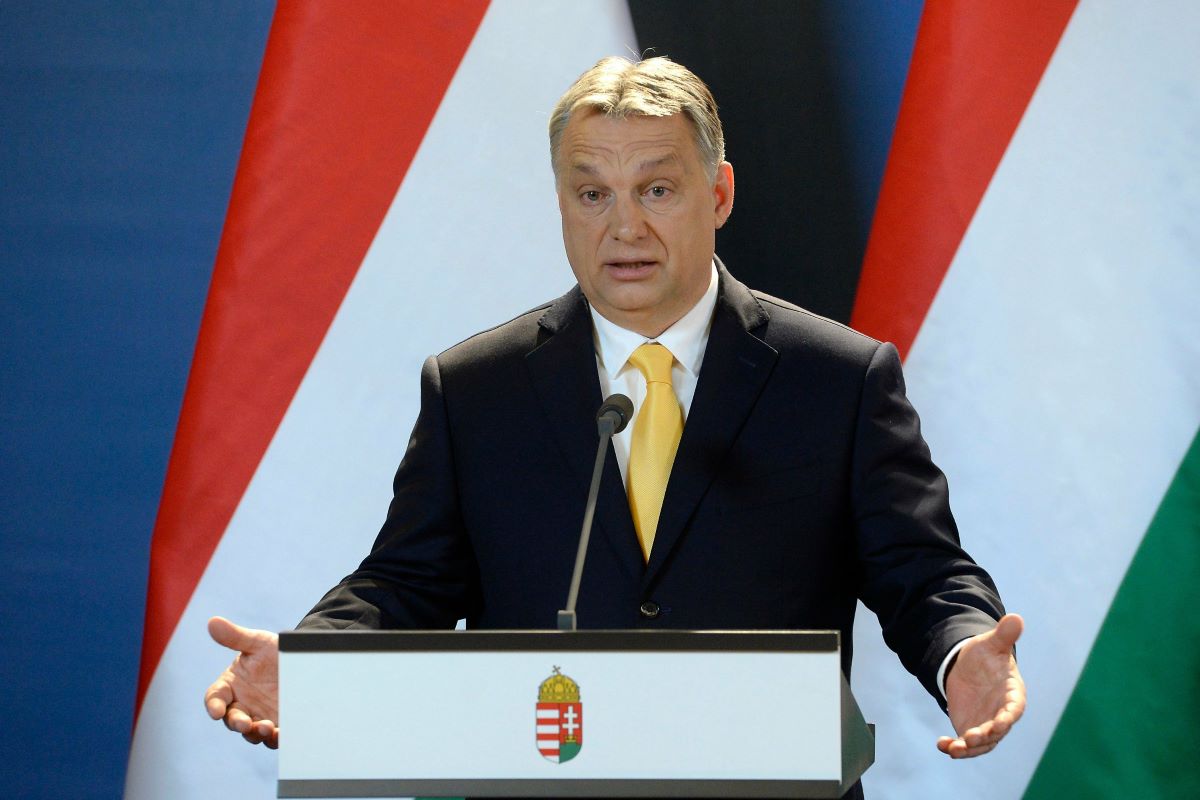Hungary has deviated from the united stand of the European Union with Wednesday’s decision of its Prime Minister, Viktor Orban, that the country is prepared to pay roubles for Russian gas, a commodity it needs. The EU headquarters in Brussels has sought a united front in opposing Moscow’s demand for payment in the currency.
The government in Budapest will pay for shipments in roubles if Russia asks it to do so, Mr Orban said. It is pretty obvious that he has alienated the continental system, so to speak. It bears recall that President Putin had warned Europe that gas supplies could be cut unless Russia is paid in roubles, not the least because he seeks retaliation over western sanctions for Moscow’s invasion of Ukraine.
Advertisement
With weeks to go before the bills are due, the European Commission has said that contracts requiring payment in Euros or dollars should stick to that. Hungary’s foreign minister, Peter Szijjarto, has let it be known that the authorities had no role to play in its gas supply with Russia. The agreement, Hungary claims, was based on a bilateral contract between units of the Hungarian state-owned MVM and Russia’s Gazprom. Hungary is one of the EU member-states that has rejected energy sanctions against Russia in response to the invasion, which the Kremlin describes as a “special military operation”.
Prime Minister Orban’s government has pursued cordial commercial relations with Moscow for over a decade. It was swept to power for a fourth consecutive term in elections last Sunday, primarily on the pledge to preserve the security of gas supply for Hungarian households. President Vladimir Putin’s demand for payment in roubles has been stoutly opposed in Europe’s capitals where the governments are discussing the issue with energy companies.
It is pretty obvious that Mr Putin is loath to let Moscow’s foreign exchange position go haywire in the midst of a war; a currency crisis can only complicate matters. Slovakia has said that it will act in concert with the EU. Poland’s dominant gas company, PGNiG, says that its original contract with Gazprom, which expires at the end of this year, is binding on both parties. In Austria, the energy firm OMV has said that it had a contract with Gazprom about paying for natural gas in roubles.
It appears that Hungary has chosen its path because of its ideological affinity with Russia.In parallel to Wednesday’s Russian artillery pounding of certain key cities in Ukraine, the United States has announced a new cache of sanctions that target Russian banks, Kremlin officials and their families. The head of the European Commission has signaled further steps, notably an assessment of energy imports, in addition to sanctions unveiled by the bloc on Tuesday. Closely intertwined are roubles, gas and sanctions.











